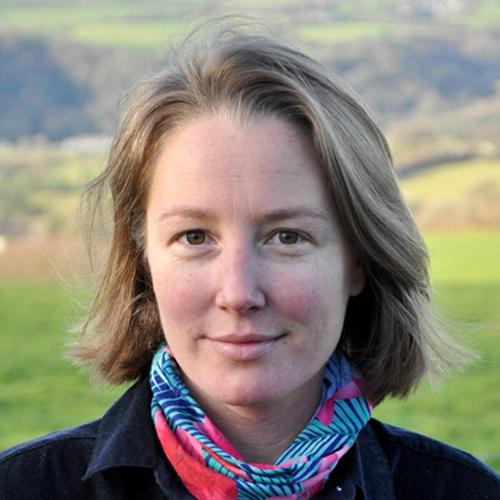Alexis Breen

Department of Linguistic and Cultural Evolution
Max Planck Institute for Evolutionary Anthropology
Deutscher Platz 6
04103 Leipzig
phone: +49 (0) 341 3550 276
e-mail:
alexis_breen@[>>> Please remove the text! <<<]eva.mpg.de
Research Interests
My research examines the causes and consequences of variation in animal behaviour, with a particular emphasis on animal material technology; namely, tool use and nest construction. Currently, I co-lead the Crow Cognition Group (CrowCoG)—a research group studying the socio-ecological, cognitive, and cultural underpinnings of tool-related and general foraging behaviour in New Caledonian crows. In this, and my previous research, I design and carry out non-invasive behavioural experiments in both a field and aviary setting; and I apply computational methods such as Bayesian (EWA) dynamic learning models to estimate social and asocial influence on individual decision making. I am adamant about annotating and archiving open-access (my) reproducible code.
Publications
Breen, A. J., & Deffner, D. (2024). Risk-sensitive learning is a winning strategy for leading an urban invasion. eLife, 12: RP89315. |
Breen, A. J., Healy, S. D., & Guillette, L. M. (2021). Reproductive consequences of material use in avian nest construction. Behavioural Processes, 193: 104507. |
|
Breen, A. J. (2021). Animal culture research should include avian nest construction. Biology Letters, 17: 20210327. |
|
Breen, A. J., Sugasawa, S., & Healy, S. D. (2021). Manipulative and technological skills do not require a slow life history. Frontiers in Ecology and Evolution, 9: 635802. |
Breen, A. J., Lovie, K. E., Guerard, C., Edwards, S. C., Cooper, J., Healy, S. D., & Guillette, L. M. (2020). Juvenile socio-ecological environment shapes material technology in nest-building birds. Behavioral Ecology, 31(4), 892-901. |
Breen, A. J., Bonneaud, C. C., Healy, S. D., & Guillette, L. M. (2019). Social learning about construction behaviour via an artefact. Animal Cognition, 22(3), 305-315. |
Neilands, P. D., Jelbert, S. A., Breen, A. J., Schiestel, M., & Taylor, A. H. (2016). How insightful Is ‘insight’? New Caledonian crows do not attend to object weight during spontaneous stone dropping. PLoS One, 11(12): e0167419. |
|
Breen, A. J., Guillette, L. M., & Healy, S. D. (2016). What can nest-building birds teach us? Comparative Cognition & Behavior Reviews, 11, 83-102. |
|
Logan, C. J., Breen, A. J., Taylor, A. H., Gray, R. D., & Hoppitt, W. J. E. (2016). How New Caledonian crows solve novel foraging problems and what it means for cumulative culture. Learning Behavior, 44(1), 18-28. |
Logan, C. J., Jelbert, S. A., Breen, A. J., Gray, R. D., & Taylor, A. H. (2014). Modifications to the Aesop's fable paradigm change New Caledonian crow performances. PLoS One, 9(7): e103049. |
 Open Access
Open Access